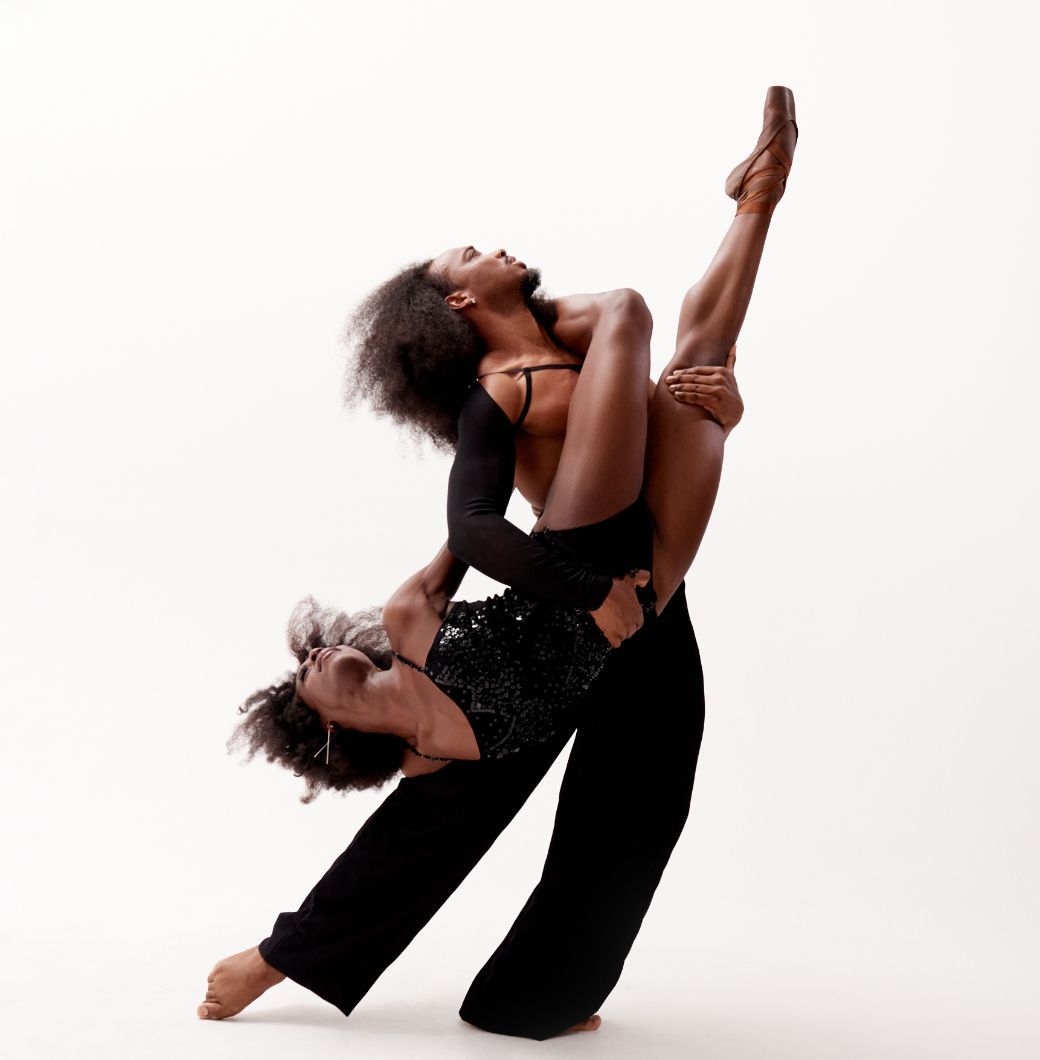The pandemic has had wildly different effects on people. On U2 it appears to have had a mellowing, even sedative influence – at least as evidenced by their latest album, titled Songs of Surrender. This spartan reworking of 40 songs from their back catalogue that didn’t need reworking features the Edge attempting to shred an acoustic guitar and Bono trying not to wake the neighbors (cue the muted vocals).

On Dwight Rhoden and the dancers of Complexions Contemporary Ballet, the pandemic seems not to have squelched an iota of moxie. I imagine few choreographers have ever approached a washed-out score thinking, “Let’s make this better.” Yet Rhoden has given a handful of anaemic U2 covers by U2 a kick in the pants... and they look sensational.
Bono’s poetic lyrics remain indestructible. In Where the Streets Have No Name, he sings of wanting to tear down walls, of watching dust clouds disperse and taking “shelter from the poison rain” – lyrics inspired by a childhood in Belfast and a later trip to Ethiopia that resonate as strongly today. The new song arrangement sucked the air out of the original, which was propelled by jangling guitar and furious beats. But it’s resuscitated by Rhoden’s sleek, powerful dancers as they range hungrily across a landscape of melancholy sounds with their bold, twitchy limbs, the soulful Vincenzo Di Primo leading the charge. They look wary but not intimidated, as if determined to get through some nameless calamity.
A sense of a diverse community strongly united is the biggest gift that this company, founded by Rhoden and Desmond Richardson, has given audiences over 29 years.
In this U2 project, cryptically titled For Crying Out Loud, busy but disciplined traffic patterns often refer wittily to a lyric: “Every dog on the street/ knows that we're in love with defeat” conjures a succession of hapless city folk walking their dogs. Even when the ensemble is dancing in unison, their heterogeneity as to race, size, body type and gender expression, stands out; this has long been Complexions’ subversive act in the strictly codified world of ballet.
In those moments when the crowd recedes, distinctive qualities of certain dancers emerge. Joe González commands the stage in Vertigo; he doesn’t so much hold his balances as control his transitions so that you see the disintegration and reconstitution of movement with great clarity. In Every Breaking Wave, arguably the most haunting song on this album, Alex Haquia and Angelo De Serra together partner Jillian Davis – who towers over them – the trio grappling in a matter-of-fact, coolly unselfconscious manner. In contrast, Kobe Atwood Courtney and Jacopo Calvo wrest drama from even the simplest of supported dives en pointe.
Pride (In the Name of Love) provides the uplifting though predictable big finish to this song cycle, the company amassed in fierce exultation. But the most arresting image comes at the close of Every Breaking Wave, as Chloe Duryea, braced by Vincenzo Di Primo, spins off-kilter on the tips of her toes, seemingly without end, as darkness descends.
The other premiere on Program A is Jenn Freeman’s Regardless, also depicting a community under siege. They look breakable – not the sleek superheroes of For Crying Out Loud. Surveilled by drummer-composer Price McGuffey, who sits impassively at his drum kit atop a platform onstage, the dancers seem to be in mysterious thrall to some malign force. McGuffey drums yet barely seems to move, which is disconcerting. The dancers respond with stuttering angular movements, limbs momentarily frozen in crooked extensions, torsos curled or twisted as if in pain. The captivating Christian Burse looks like she’s appointed to lead the group to safety; despite her heroic attempts (spoiler alert!) they all perish, though her own fate is unclear. Words spoken by a barely audible voice, and ambient sounds, possibly the thrum of the BQE (Brooklyn-Queens Expressway), all presumably engineered by McGuffey, drip morosely into the soundscape of this unsettling, thrilling work.
The evening opened with the over-caffeinated Ballad Unto… executed to Bach piped in at punishing decibel levels. Rhoden has body parts frantically multi-tasking: ribcages flaring, quadriceps pumping, pelvises wriggling, arms flailing to no discernible purpose other than exhaustion.
Between these two adrenaline-fueled numbers, a trio of duets by choreographer Ricardo Amarante collectively titled Love Fear Loss was programmed. But with dancers out due to injury, we only witnessed Fear on opening night. Candy Tong and Joe González gave a magnificent account of this fluent though predictable fragment of romantic choreography – all swirling lifts, grand sweeping arcs of the legs and melting backbends, contrasted with intimate gestures – set to a stodgy piano arrangement of Jacques Brel’s immortal Ne me quitte pas. Technically assured and emotionally pitch-perfect, Tong and González could have danced to the theme of The Great British Bake Off and still had us on the edge of our seats.


